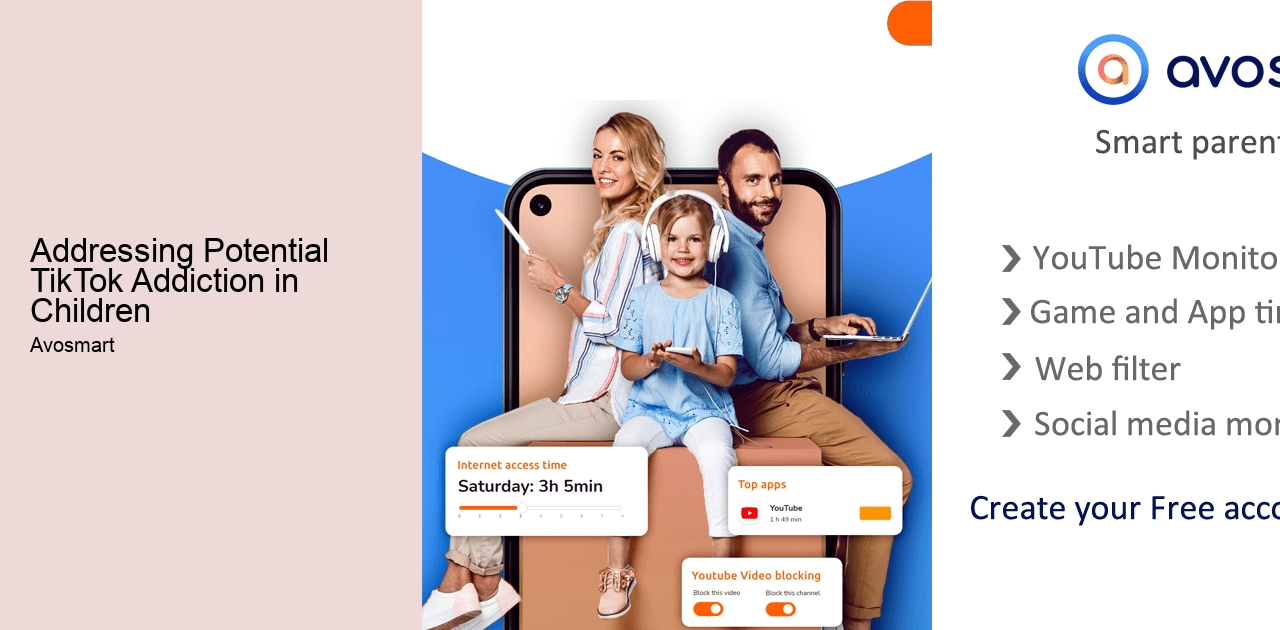
Understanding the Impact of TikTok on Children's Mental Health
Addressing Potential TikTok Addiction in Children
TikTok's influence on children's mental health is a complex subject that warrants exploration. This understanding requires examining how the platform's content, engagement, and social dynamics affect young minds. While TikTok can provide entertainment and connection, excessive usage and exposure to certain content can have negative implications. It's essential for parents to engage in open conversations with their children, encouraging self-awareness and digital mindfulness. By understanding the potential impact, parents can guide their children to use TikTok in ways that promote positive mental well-being and responsible online habits.


